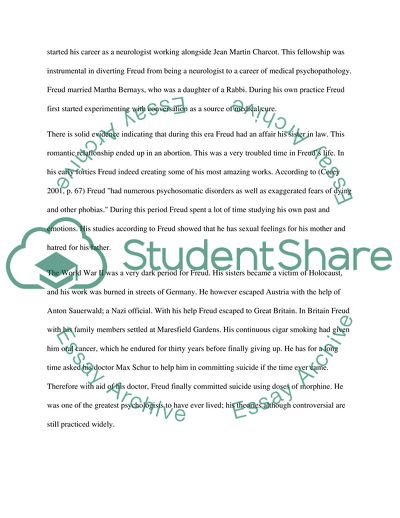Cite this document
(Psychoanalytic, Psychosocial, Cognitive, Behavioral, and Other Theorie Essay, n.d.)
Psychoanalytic, Psychosocial, Cognitive, Behavioral, and Other Theorie Essay. Retrieved from https://studentshare.org/psychology/1732014-personality-development-analysis
Psychoanalytic, Psychosocial, Cognitive, Behavioral, and Other Theorie Essay. Retrieved from https://studentshare.org/psychology/1732014-personality-development-analysis
(Psychoanalytic, Psychosocial, Cognitive, Behavioral, and Other Theorie Essay)
Psychoanalytic, Psychosocial, Cognitive, Behavioral, and Other Theorie Essay. https://studentshare.org/psychology/1732014-personality-development-analysis.
Psychoanalytic, Psychosocial, Cognitive, Behavioral, and Other Theorie Essay. https://studentshare.org/psychology/1732014-personality-development-analysis.
“Psychoanalytic, Psychosocial, Cognitive, Behavioral, and Other Theorie Essay”. https://studentshare.org/psychology/1732014-personality-development-analysis.


